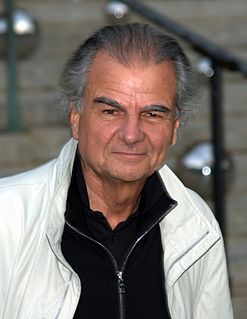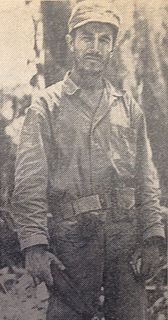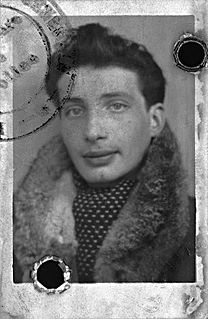A Quote by James Nachtwey
Photography can be perceived as the opposite of war.
Quote Topics
Related Quotes
I never felt in competition with anybody in war photography. You're lucky to get your ass in and out again. It's as simple as that. It's the easiest photography in the world to shoot somebody who's been shot up. It doesn't take a genius. That's easy. The only thing you need to know is your photography. Get in and if you're lucky get out. And get as close as you can get.
Warsaw's historic heart was deliberately almost entirely destroyed towards the end of the Second World War by the German occupying troops. After the war, it was painstakingly rebuilt and that reconstruction is perceived as expressing the nation's determination to survive, to conserve its history and its culture.
To know whether photography is or is not an art matters little. What is important is to distinguish between good and bad photography. By good is meant that photography which accepts all the limitations inherent in photographic technique and takes advantage of the possibilities and characteristics the medium offers. By bad photography is mean that which is done, one may say, with a kind of inferiority complex, with no appreciation of what photography itself offers: but on the contrary, recurring to all sorts of imitations.

































